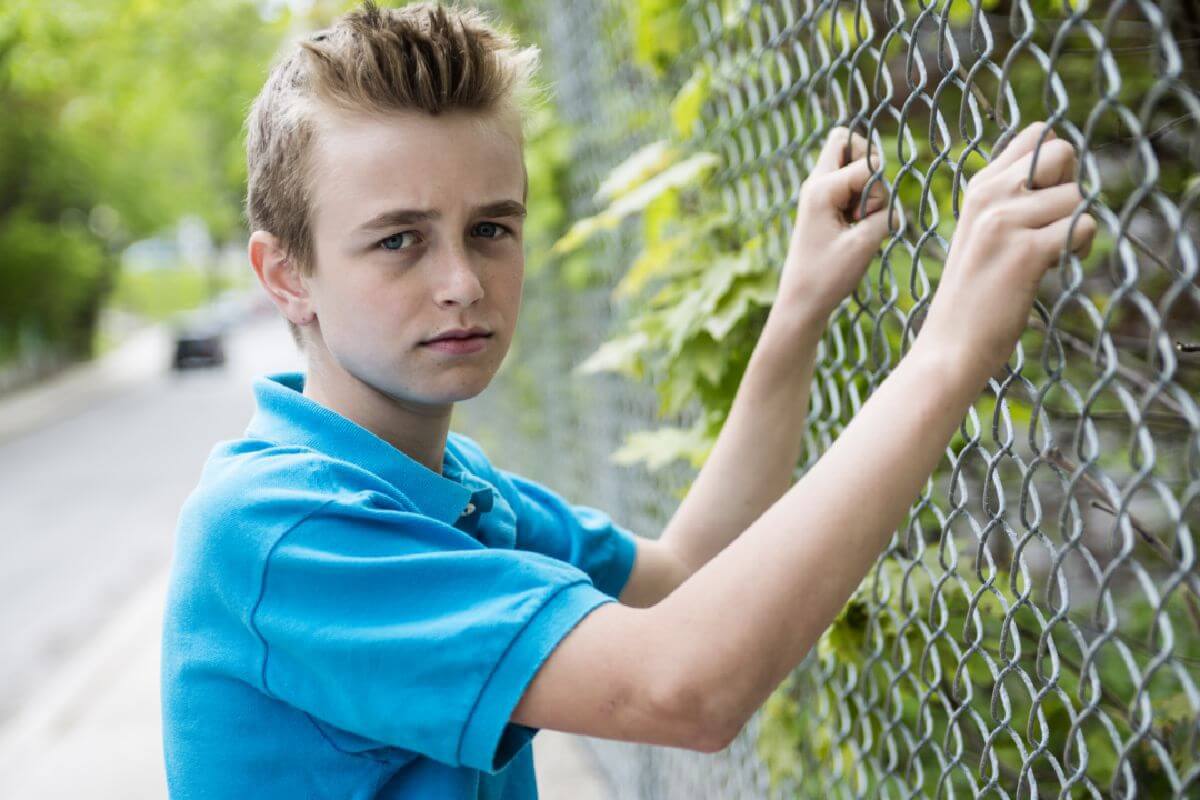The Drug Abuse And Addiction Problems Among Teenagers
During puberty, some addictions are developed from Opiate wrong use. The risk of dependency is higher among teenagers since their brains are still developing.
When they become adults, the seriousness of addiction and dependence on drugs increases.
One must know the difference between addiction and drug abuse. Most teenagers who take drugs for fun or to see how it feels like may not be addicted.
Recognition and prevention of drug practice can put an end to a complication before it begins.

There are many long-term impacts of teenage abuse like cognitive and behavioural effects on brain.
In order to prevent teens drug abuse, it is necessary to set a great example and have conversations about drug use since both are powerful methods of prevention.

Teen Drug Testing
Nearly all recent drug users are less than 18 years old. Curiosity and the urge to try out new things lead most teenagers into the trap of drug usage. Even though experimentation is a case of life and just considering that a teenager has experimented drugs or alcohol, it doesn't indicate that they will become addicted to opiates. Understanding why a teenager may want to experiment with a drug is however important. Many adults who are addicted to drugs started taking drugs when they were teenagers. But now, the rate of teen drug abuse has been decreasing. There are many treatment options if you believe your teenage child is struggling with drug addiction.
Frequent reasons teenagers abuse drugs is
- Taking interest
- Friends pressure
- Stress
- Psychological issues
- Wanted to run away
Tell Tale Signs Of Teenage Drug Misuse
There are a lot of side effects of youngster utilizing drugs. The parents should take actions and talk to their child to know about whether they are experimenting as part of pre-adulthood or real drug use.
As a parent, if you suspect that your child is taking drugs, your best option is to initiate a conversation with them. Out of five parents, there is only one parents who does interfere and investigate to teens about drugs.

Side effects of teen drug abuse are
- Sudden drop in school grades
- Red eyes
- Unexplained amusement
- Lethargy
- Lack of hygiene
- Uninterested in personal appearance
- Not making eye contact
- Constant hunger pangs
- Smell of smoke on clothes and breath
- Mysterious behaviour
- Unexplained exhaustion
- Staying out and coming home late
Being compassionate and understanding is the best way of getting your child to talk about possible drug use.
When properly phrased and asked in the right tone, it is possible for parents to get answers even to direct questions. You can begin the inquiry by asking these types of general questions like "have you been using drugs or drinking alcohol?" Or "has anybody offered you drugs?".
It is crucial to ensure that the response to the admittance or denial of drug abuse is handled in the correct manner as well.
Teenagers Confessing To The Use Of Drugs
Overreacting on the part of the parents is not a good idea. Becoming hostile will stop the teenager from talking about their problems. Communication is a very important tool to learn about their drug use and if it was one-time or if they have problem.
Explaining to them how much you are concerned about them and their future may help you. Youngsters quit using and experimenting drugs and ask for help if they feel loved by their family or they have a strong support system.
If Teenagers Do Not Acknowledge Their Drug Use
It's more likely that teenagers may not tell the truth about their drug use. Show them that how much you are concerned and want to help them.
When a teenager is consistent in denying drug abuse and it is still a concern for parents, expert help or home drug testing can unveil an issue with drugs. Therapists, paediatricians and addiction professionals can assist identifying a teen drug issue.
Contact us now and find experts to detect a problem.
Drugs Commonly Abused By Teenagers
Drugs do not discriminate and therefore, drugs used by teenagers are not really different from ones used by adults. However, their reasons differ and adolescents usually use a drug because it is available. Furthermore, adolescents are more probable to take an enormous quantity of drugs and alcohol since it's based on how they notice the risks and dangers.
Alcohol
Teenagers misuse alcohol more frequently than any other substance. Because the legal and socially drinking age are low, teenagers tend to view consuming alcohol as normal. Because the impulse control of the brain is not completely developed, teenagers are more likely to drink large amounts.
In 2014, 20 percent of students in the 12th grade admitted to binge drinking at some point. In the last month, 40 percent admitted to using liquor.
When one drinks too much at a time, they are most likely to become addicted; the teenager is even more at risk because their brain is not yet fully developed. You can significantly reduce the risk of your child engaging in these habits by talking to them about the dangers of drinking.
Marijuana
The teenage years are the starting point for many regular Marijuana users. The opinion of teenagers using Marijuana is changing, as smoking Marijuana every now and again is seen as innocent amongst high school seniors. Over 20% of teenagers admit to having taken marijuana within the last one month.
Medications Over The Counter And Prescriptions
It is common knowledge amongst teenagers that intoxicating effects can be acquired through the use of many prescribed drugs. Narcotic painkillers, such as OxyContin, and Benzodiazepines, such as Xanax, cause satisfying symptoms that teens might discover. Drugs such as these carry a high risk of dependency and possibly overdose.
Almost 40% of teenagers that abused prescription medicine got the drugs from their parents' medication container.
These youngsters also buy available over-the-counter drugs. Many medications for colds and flu contain a cough suppressant called Dextromethorphan or DXM. Since DXM can be intoxicating if taken in in high doses, there is a real danger is overdosing.
Treatment For Teen Abuse And Addictions
During their teenage years, they deal with hard times, sadness and anxiety. They are looking for relief when they take a stiff drink or a drug. Although, finding emotional support or someone to unload the worries is the better option for handling stress.
A young person who has tried and failed to stop drug or alcohol abuse needs to find professional help without delay.
Teenagers can be taken to treatment centres that are designed to cater to their needs and there they can get help in dealing with the psychological factors behind the addiction.
Most of these teen specific centres will offer educational assistance as an extra so that teenagers in recovery do not start failing in school. It is commonly easier to treat a dependency if it is spotted at an earlier stage.
Come to us we shall assist in locating a teenage treatment facility for your teenager.
